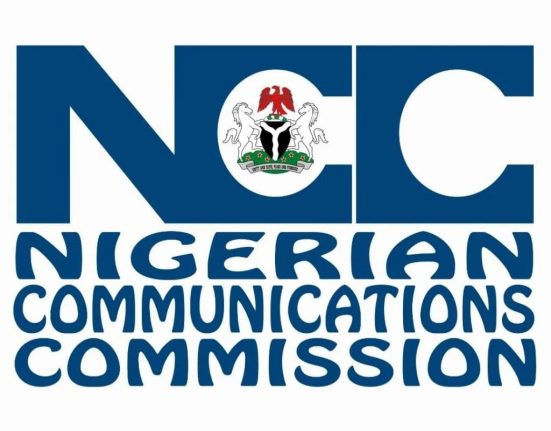In a significant push to improve Nigeria’s trade facilitation and ease of doing business, the Federal Government has officially inaugurated the Ports and Customs Efficiency Committee (PCEC).
The initiative, a collaborative effort between the Presidential Enabling Business Environment Council (PEBEC) and the Nigerian Ports Authority (NPA), was launched today at the NPA headquarters in Lagos, with the Vice President, Senator Kashim Shettima, presiding over the event.
The new committee brings together over 50 representatives from key government agencies and the private sector, with a clear mandate to identify and resolve inefficiencies in Nigeria’s port and customs operations. The overarching goal is to streamline port processes, reduce cargo dwell time, enhance transparency, and improve inter-agency coordination.
According to the PEBEC Secretariat, the committee is expected to play a pivotal role in driving reforms in the maritime sector, a critical artery of Nigeria’s economic infrastructure. One of its primary targets is the implementation of the National Single Window (NSW) system—a digital platform that allows traders to submit all import, export, and transit documents electronically in one place. This system, when fully operational, is projected to reduce costs, minimize corruption, and shorten turnaround times at the ports.
Managing Director of the Nigerian Ports Authority, Dr. Abubakar Dantsoho, while addressing stakeholders at the meeting, emphasized the NPA’s commitment to supporting the committee’s work. “We are delighted to be part of this collaborative reform effort. The efficiency of our ports is directly tied to national competitiveness and economic growth. This committee is a timely intervention,” he said.
The PCEC’s formation is part of the broader economic strategy of the Federal Government, under the Renewed Hope Agenda, to improve Nigeria’s position in global trade indices and attract greater foreign direct investment. The maritime sector, long plagued by bureaucratic bottlenecks and inconsistent policies, is now receiving focused attention aimed at unlocking its full potential.
As expectations build around the PCEC’s impact, stakeholders have expressed cautious optimism, calling for consistent political will and adequate funding to drive the reforms to completion.







